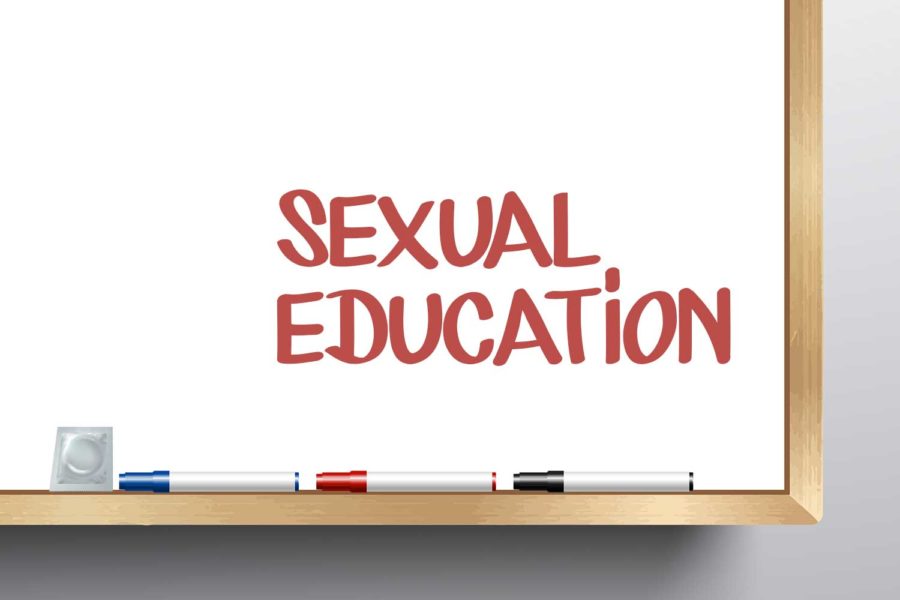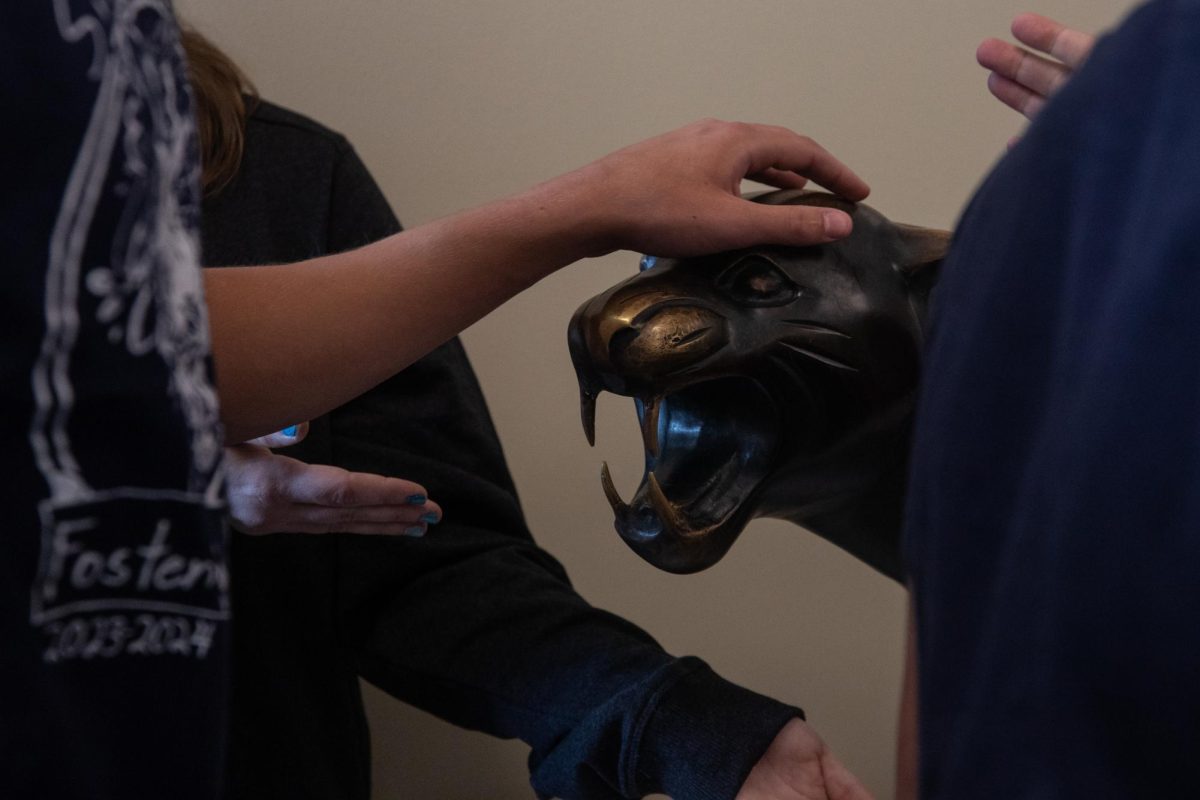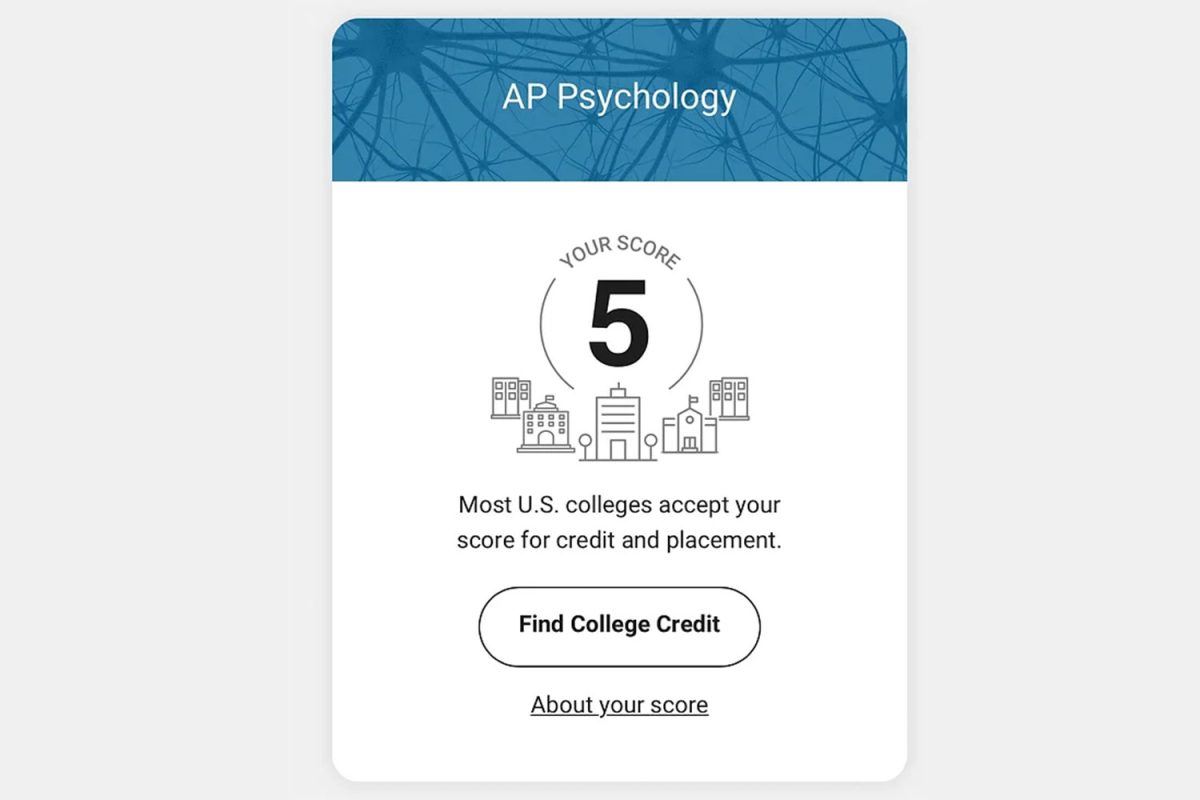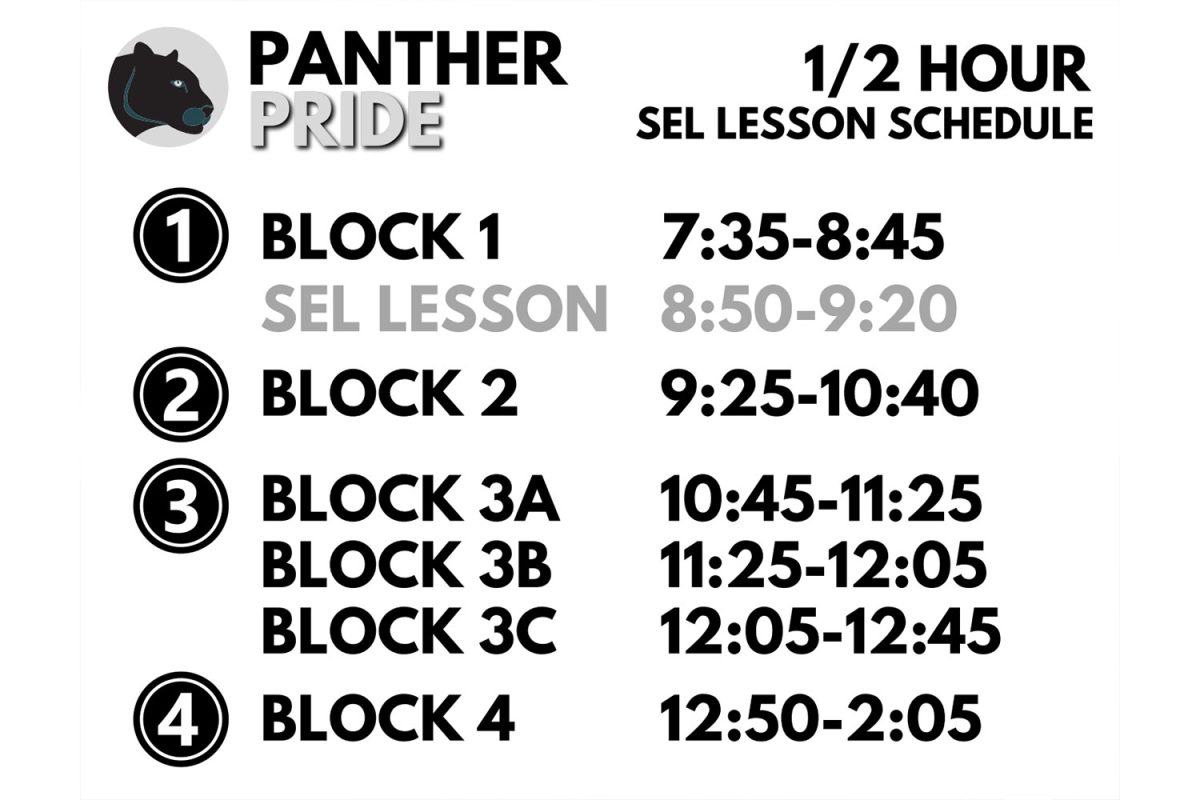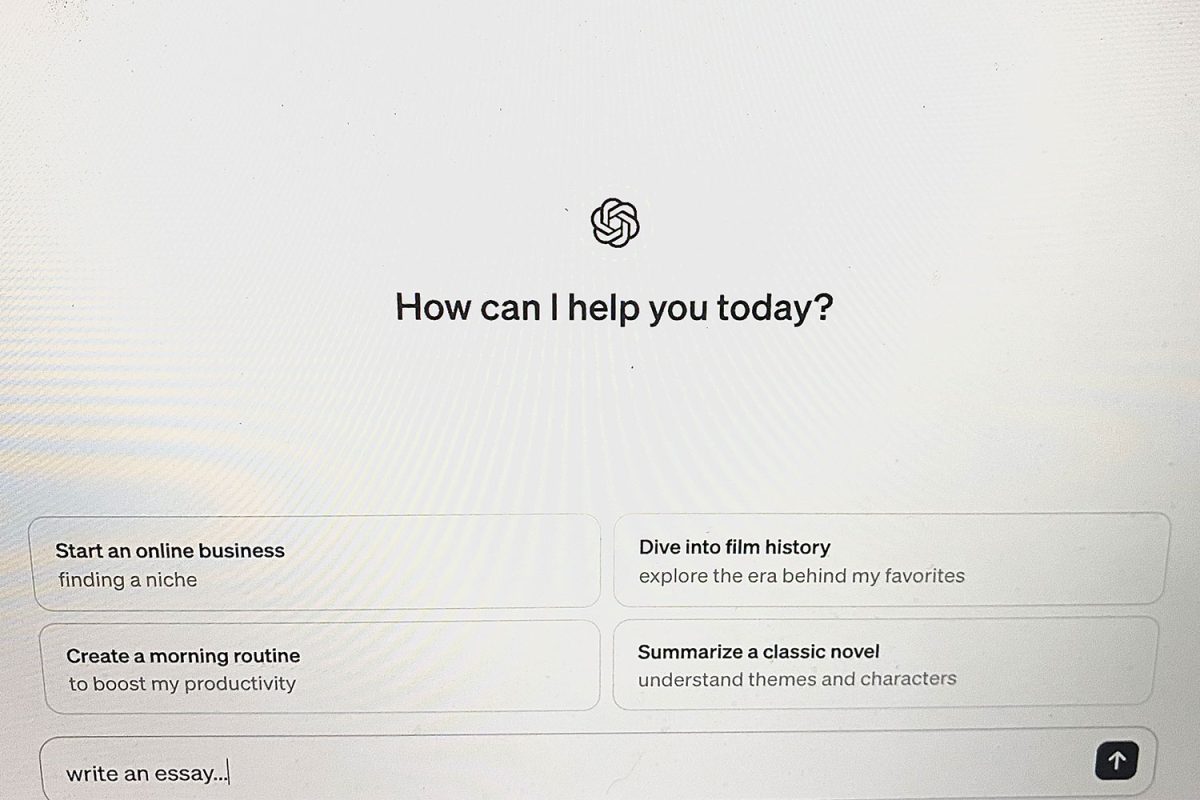The unsigned editorial represents the opinion of the Editorial Board, which consists of the 2022-2023 student editors.
Students have sex. It’s a fact. According to the CDC, more than half of teens will have sex before they are 18.
To both reduce the risks of sexually transmitted diseases and to work towards a supportive community for students, the Editorial Board believes that Strath Haven should adjust its approach to teaching Human Sexuality by ensuring that health courses are truly comprehensive.
Human Sexuality is currently listed as one of the four units in the “Healthful Living II” syllabus, which is a required health course for all students.
We believe the topics addressed in the syllabus are important and necessary. However, we believe other topics like addiction take precedence over sexual education, leading to students experiencing a condensed version of sex education.
Furthermore, when critical topics like sexually transmitted infections, sexual harassment, and sexual orientation are addressed in class, students report that the discussions merely touch the surface without defining terms within a modern adolescent context.
For example, students report that certain videos used for sex education in health class are outdated. The Editorial Board also believes that some conversations about sex in class are too brief and unhelpful, with the overarching theme simply being: “don’t have sex”.
Proper education on sexuality is particularly critical right now. In 2018, 26 million new sexually transmitted infections were reported, according to the CDC. Roughly half of these infections were in people between the ages of 15 and 24.
The lifetime risk of contracting HIV is especially high in LGBTQ+ youth, according to GLSEN. One in six white young men who have sex with men and transgender women have a risk of being diagnosed with HIV.
The rates of sexual harassment cases are also increasing. There were 14,938 incidents of sexual violence in K–12 schools in 2018, representing a 55 percent increase from the previous year, according to the U.S. Department of Education’s Office for Civil Rights.
Just as alarming is the number of LGBTQ+ students experiencing harassment in schools. 85 percent of LGBTQ+ students were verbally harassed in the past year and 56 percent experienced discriminatory school policies and practices.
Reconsidering how the health curriculum is taught is necessary for both reducing the number of sexually transmitted diseases as well as creating a school culture where all students feel understood.
Students want to learn about their own bodies, and the benefits of having comprehensive sexual education are clear. According to a report from the CDC, quality sexual health education means a delayed initiation of sexual intercourse, fewer experiences of unprotected sex, and an improvement in academic performance.
To provide this education, the Editorial Board proposes the following changes:
First, LGBTQ+ topics should be given more thoughtful emphasis in the curriculum. For ten years, the Gender and Sexuality Alliance (GSA) taught LGBTQ+ matters and definitions in health classes. This year, they stopped due to the amount of planning required and a feeling of exasperation: they should be supplementing the curriculum, not picking up for its deficiencies.
Although we believe student-led discussion is important, GSA’s termination of teaching further exposes the fact that educating on human sexuality topics, including LGBTQ+ topics, is overlooked in Strath Haven’s health curriculum.
Second, we propose that teachers and counselors actively try to be a one-on-one resource for students. Because students often lack someone to turn to for advice, leading them to rely on the internet or word of mouth, having a knowledgeable and sensitive teacher as a resource would provide students with a space to both learn and feel supported.
Strath Haven and WSSD have the opportunity to set a positive precedent. Pennsylvania’s public schools are not required to include information about sexual orientation, gender, consent, or other topics described in the K-12 National Sexuality Education Standards.
Our district prides itself on supporting its students. School board policies and administrative regulations specifically ensure that gender-expansive and transgender students should be provided with equal opportunity and access to programs, services, and activities. On April 17, WSSD promoted the GLSEN Day of Silence on their social media, a day that highlighted the discrimination of LGBTQ+ students in schools.
By changing its approach to sexual education within the curriculum of health classes, not only can Strath Haven catalyze support for students in its own community, but also for students all across Pennsylvania through a positive example.




